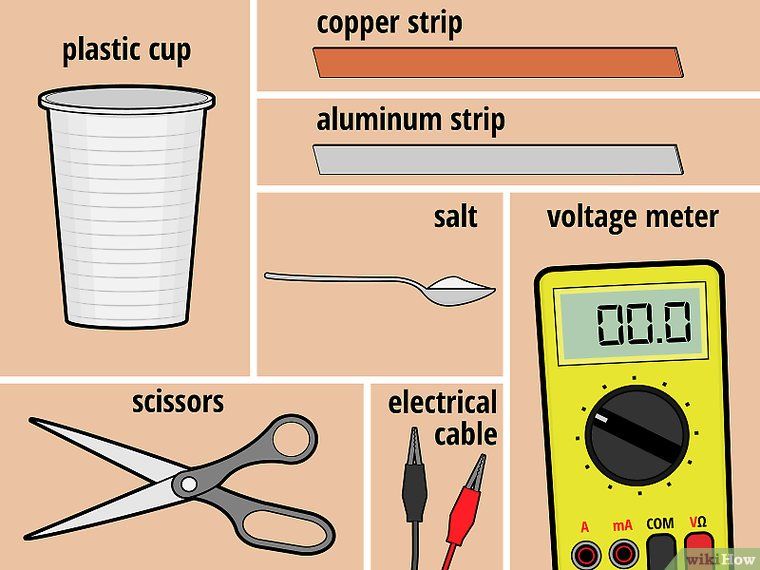Electrical Conductivity Meter For Aluminum

Resistivity is often represented by the greek letter rho ρ.
Electrical conductivity meter for aluminum. This is commonly measured across the opposite faces of a one meter cube of material and described as an ohm meter ω m. Assesses strength in heat treated or hardened materials tests authenticity of coin alloys. Eddy current conductivity meters are widely used in the aircraft and aerospace fields for material temper verification and detecting heat damaged components. This non destructive testing ndt device uses eddy current to determine the electrical conductivity of non ferrous metals such as aluminum and copper.
Conductivity is a measure of how well a material conducts an electric current. Pure aluminum has a thermal conductivity of about 235 watts per kelvin per meter and an electrical conductivity at room temperature of about 38 million siemens per meter. Resistivity is commonly represented by the greek letter ρ. Tmd 101 is a kind of eddy current electrical conductivity meter which is designed for quick convenient measurement of material property such as material separate quality control material state check and so on.
Our many years of experience in this field and our wide selection of instruments allows us to match the best instrument and probe to our customers requirements. Pce com 20 is a portable handheld non destructive conductivity tester for non ferrous metals. Applications of ee0011 metal conductivity meter. Electric conductivity may be represented by the greek letter σ sigma κ kappa or γ gamma.
Electrical conductivity is the reciprocal quantity of resistivity. Aluminum alloys can have much lower conductivities but rarely as low as iron or steel. Conductivity tester for metals pce com 20. Measures electrical conductivity of non ferrous metals such as copper aluminum magnesium titanium or bronze to check the characterization of alloys.
Resistivity is the opposite of electrical conductivity evaluating how strongly a metal opposes the flow of electric current. Electrical resistivity also called specific electrical resistance or volume resistivity and its inverse electrical conductivity is a fundamental property of a material that quantifies how strongly it resists or conducts electric current a low resistivity indicates a material that readily allows electric current.














































